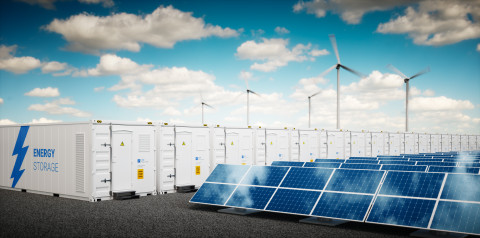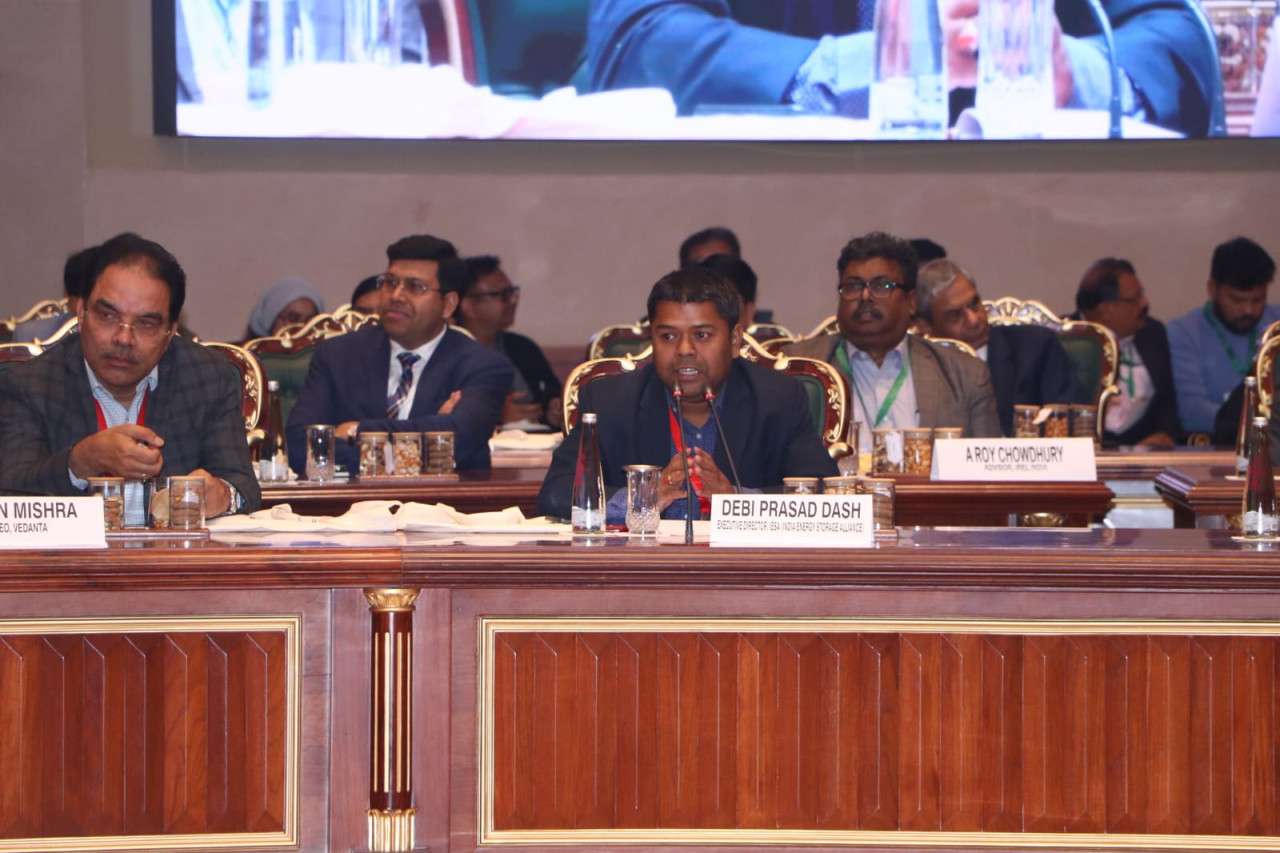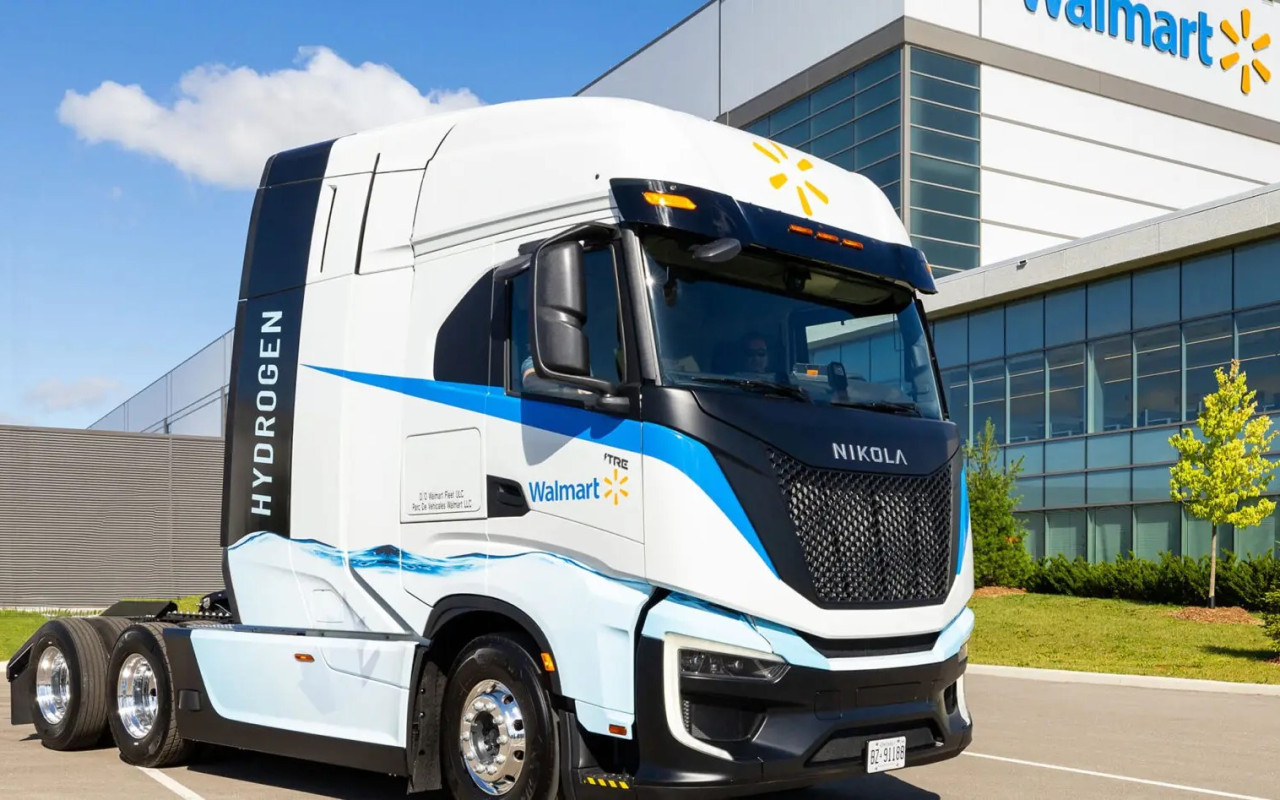India puts up 20 blocks of critical and strategic minerals for auction
India's Ministry of Mines launched the first tranche auction of critical and strategic minerals in New Delhi on Wednesday, offering up 20 minerals for exploration, including recently discovered lithium reserves in Jammu & Kashmir.
Union Minister of Coal, Mines and Parliamentary Affairs, Shri Pralhad Joshi launched the process and said the auction was being conducted to secure a critical-mineral supply chain for India's energy transition and net-zero-by-2070 target. In a release, the government called the move a "landmark initiative that will boost our economy, enhance national security and support our transition to a clean energy future".
All you need to know
- 20 mineral blocks spread across the seven states of Bihar, Gujarat, Jharkhand, Odisha, Tamil Nadu, Uttar Pradesh, and Chhattisgarh, and the Union Territory of Jammu & Kashmir
- Most blocks are on a composite licence – explore and lease for commercial mining – but four have been earmarked exclusively as mining leases
- There will be a two-stage ascending forward auction online. Selection will be based on the highest percentage of the value of mineral despatched quoted by bidders
In the first tranche of auctions, the government is offering 20 mineral blocks spread across the seven states of Bihar, Gujarat, Jharkhand, Odisha, Tamil Nadu, Uttar Pradesh, and Chhattisgarh, and Union Territory of Jammu & Kashmir. The auction shall be held online through a transparent two-stage ascending forward process. "The eligible bidder shall be selected based on the highest percentage of the value of mineral despatched quoted by them," the release said.
Most of the blocks are being auctioned on a composite licence, meaning bidders can explore the resource and subsequently claim a lease for commercial extraction, but four have been earmarked exclusively as mining leases.
India's auction follows the country's redesignation of certain minerals as critical and strategic, allowing the government to auction these blocks. The revenue generated from these auctions will accrue to state governments.
Industry welcomed the announcement. Debi Prasad Dash, Executive Director, India Energy Storage Alliance (IESA) and Secretary, India Battery Manufacturing & Supply Chain Council (IBMSCC), called it "a remarkable growth milestone for the battery storage industry in India", highlighting the importance of battery-critical minerals like lithium, copper, manganese, nickel and graphite, and said the auction "will help Indian PSUs, conglomerates, start-ups, and global companies to enter this emerging space."
"The government of India has taken an appropriate step at the appropriate time to boost the mining, refining, and chemical processing sector for battery materials to support the cathode, anode, and electrolyte manufacturing industry for upcoming battery giga factories in India," he said.
India is expected to require 500 GWh battery manufacturing capacity by 2035 to support India's ambitious renewable target, electric vehicle adoption, and power and consumer electronics segment to support digital India. The India Energy Storage Alliance (IESA) estimates the country requires 400 kilotons of lithium and 600 kilotons of graphite by 2035 to support these giga factories.
IESA's India Battery Manufacturing & Supply Chain Council has already shared an industry wish list with the government to support the battery chemical processing sector through a special incentive program. The Council works with 50+ Indian and global battery supply chain companies focused on the Indian market. The Alliance also requested the mines ministry to establish the National Institute for Battery Materials to catalyze the R&D and Innovation activities on battery materials.
Dash mentioned that Honorable PM Shri Narendra Modi's leadership had helped India to leapfrog from an end consumer of advanced batteries to manufacturing through the PLI (Production Linked Incentive) scheme and now, critical minerals mining, within a decade.
Critical and strategic minerals are in high demand from sectors such as renewable energy, defence, high-tech electronics, telecommunications, transport, etc, and India currently meets its requirement through imports, which leaves the country open to supply shocks such as China's recent moves to restrict export of graphite. Apart from lithium, used in batteries, the critical minerals group consists of nickel, titanium, bauxite (aluminous laterite), graphite, chromium, glauconite, potash, copper, manganese ore, molybdenum ore, phosphorite, platinum group elements, and rare earth elements.
In its release, the government highlighted the importance of such minerals for the country. "The future global economy will be underpinned by technologies that depend on minerals such as lithium, graphite, cobalt, titanium and rare earth elements (REE). India has committed to achieve 50 percent of cumulative electric power installed capacity from non-fossil sources by 2030. Such ambitious plan for energy transition is set to drive the demand for electric cars, wind and solar energy projects and battery storage systems thereby increasing the demand for these critical minerals," the release said.
While the commencement of sale of tender document started on November 29, details of the mineral blocks, auction terms, timelines etc. can be accessed at www.mstcecommerce.com/auctionhome/mlcl/index.jsp.




















